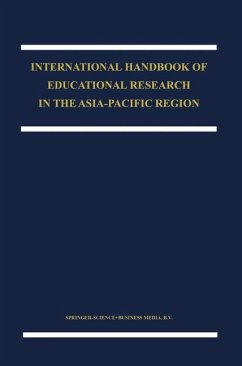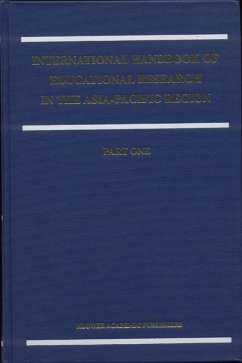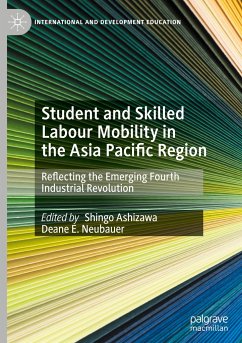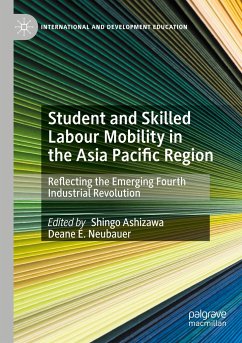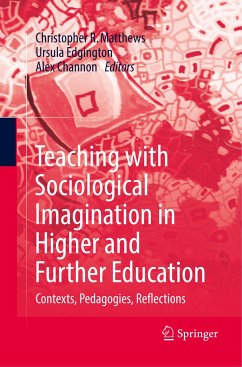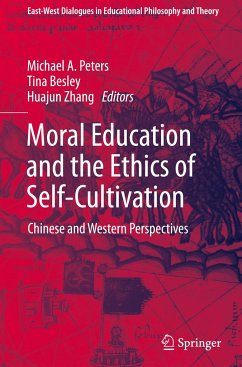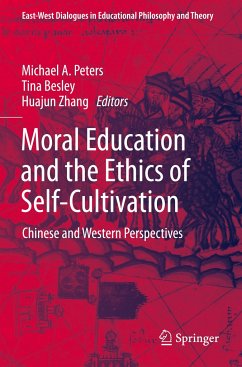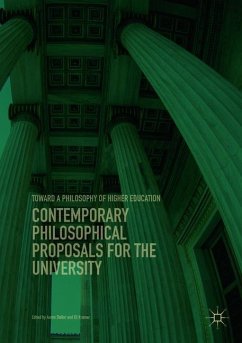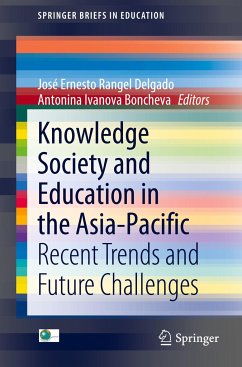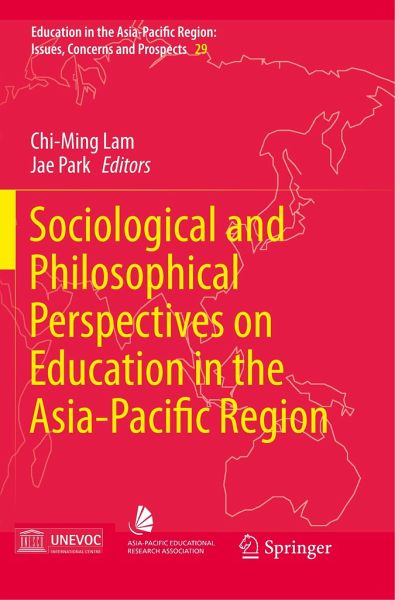
Sociological and Philosophical Perspectives on Education in the Asia-Pacific Region
Versandkostenfrei!
Versandfertig in 6-10 Tagen
76,99 €
inkl. MwSt.

PAYBACK Punkte
38 °P sammeln!
This book demonstrates the value of approaching education from a sociological and philosophical perspective. Specifically, it addresses current and long-standing educational issues in the Asia-Pacific region, integrating sociological and philosophical insights with practical applications in four key areas: educational aims, moral education, educational policy, and the East-West dichotomy. It discusses educational aims in terms of rationality, philosophical thinking, and sustainable development and presents the literary, religious, and analytical approaches to moral education. Four educational ...
This book demonstrates the value of approaching education from a sociological and philosophical perspective. Specifically, it addresses current and long-standing educational issues in the Asia-Pacific region, integrating sociological and philosophical insights with practical applications in four key areas: educational aims, moral education, educational policy, and the East-West dichotomy. It discusses educational aims in terms of rationality, philosophical thinking, and sustainable development and presents the literary, religious, and analytical approaches to moral education. Four educational policies are then considered: Hong Kong's language policy, Hong Kong's policy on the internationalization of education, East Asia's policies on English education, and Australia's policy on teacher education. Different aspects of the East-West dichotomy are analysed: Confucian rationalism versus Western rationalism, Confucian learning culture versus Western learning culture, and Asian research methodology versus Western research methodology. Taken as a whole, the book shows that issues in education are rarely simple, and looking at them from multiple perspectives allows for rich and informed debates. It presents a rare philosophical and sociological analysis of the cultures and experiences of education in the Asia-Pacific region, and promotes research that leads to more culturally rooted educational policies and practice.



